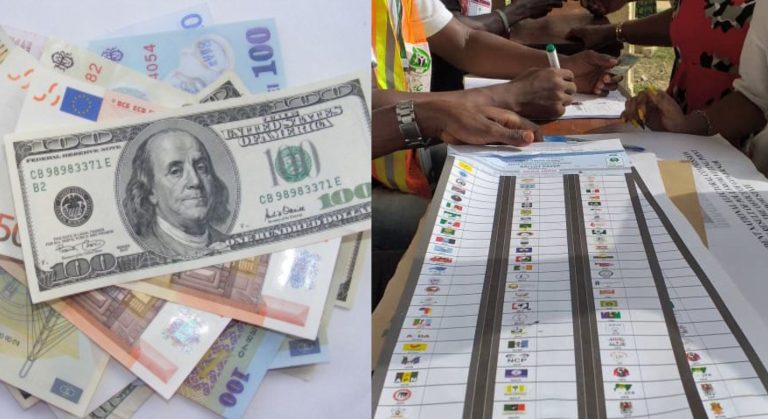The Federal Capital Territory (FCT) is struggling to get better from a major crash in overseas capital recorded within the second quarter of 2023 after the 2023 elections.
In line with the capital importation report of the Nationwide Bureau of Statistics (NBS), the capital metropolis witnessed a staggering 53% plunge within the second quarter of 2023, a regarding statistic for buyers and policymakers alike.
The stark decline is obvious within the numbers. From a sturdy $410.27 million in Q1 2023, overseas funding into the FCT plummeted to about $194.28 million within the following quarter.
This 53% drop shouldn’t be the one alarming reality. A year-on-year comparability paints a equally grim image, with a 57% decline from Q2 2022’s $453.95 million to Q2 2023.
This downturn marks the bottom ebb in overseas capital influx since This fall 2021, the place the determine stood at $170.55 million.
36% y-on-y lower in Q3 2023
Abuja is but to get better from this new 15-month low because it recorded a really marginal enhance of lower than 1% by Q3 2023. Q3 2023 supplied a twinkle of hope with a marginal uptick of 0.2%, reaching $194.66 million compared with the earlier quarter.
Nonetheless, this was not sufficient to offset a year-on-year lower of 36% from Q3 2022’s $303.81 million. Additionally, the cumulative impression over the primary 9 months of 2023 is stark as Abuja attracted a complete of $799.21 million, which was a decline of 34% from the $1.2 billion recorded in the identical interval in 2022.
Economists blame post-election fever, insecurity
Dr. Aliyu Ilias, a seasoned improvement economist, attributed this volatility to the current elections and modifications in authorities.
He additionally highlighted the ripple impact of insecurity in neighboring states on investor confidence in Abuja.
Dr. Aliyu Ilias stated:
- “There’s volatility in FCT due to the election. Additionally, most states surrounding Abuja have problems with kidnapping, banditry, and terrorism. Niger, Kogi and Kaduna are extremely unstable. All these adjourning states have points. That’s probably the issue.
- “For those who take a look at Abuja, due to the political turbulence or coverage somersault, that’s one more reason why investments won’t come. Folks choose to go to the place there may be peace, and all the pieces is organized to take a position.”
Dr. Muda Yusuf, CEO of the Centre for the Promotion of Personal Enterprise, concurred, mentioning the cautious method of buyers throughout election intervals.
He noticed that Abuja’s funding panorama is predominantly actual estate-centric, with fewer manufacturing ventures, resulting in cautious actual property investments.
He stated:
- “Through the elections, buyers are usually very cautious. As a result of Abuja is the federal capital, it could be a bit extra politically unstable or delicate space. One other risk is that it relies on the alternatives that come up.”
A Professor of Economics at Onabisi Onabanjo College, Prof Sheriffdeen Tella, underscored the instability of the funding atmosphere and the restrictive overseas change insurance policies deterring buyers. He questioned the viability of actual property investments in a cash-strapped financial system.
This funding stoop in Abuja underscores a broader problem for Nigeria: as overseas direct investments falter, the nation leans more heavily on foreign loans, elevating considerations about sustainable financial development and stability.

